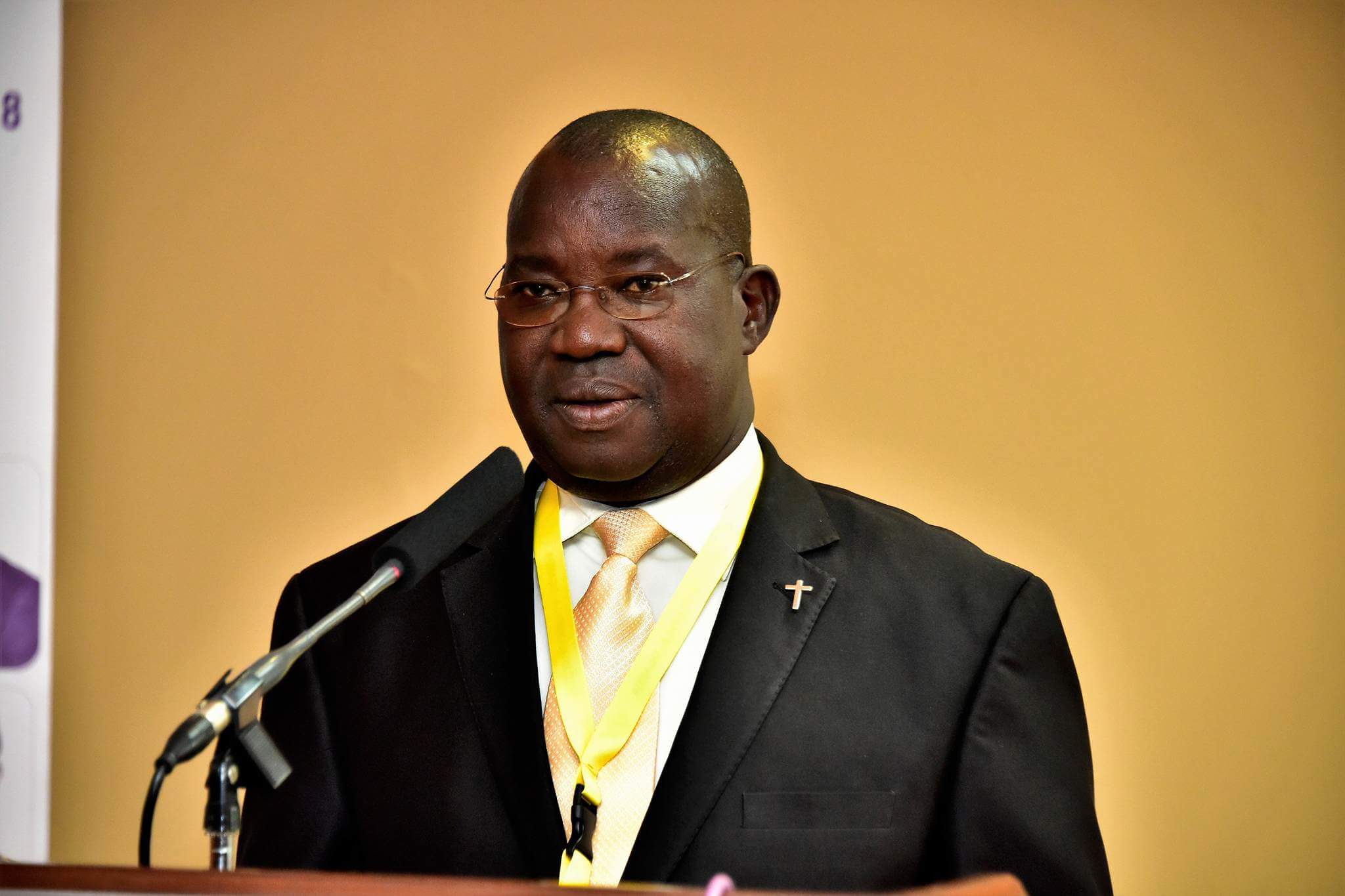OPINION: Lessons from the deaths of Tumusiime-Mutebile, Lokodo and Oulanyah
Ugandans have changed. The reaction to the deaths of the governor of Bank of Uganda Emmanuel Tumusiime-Mutebile (January 23, 2022), Ethics Minister Simon Lokodo (January 29, 2022), and now Speaker of Parliament Jacob Oulanyah (March 20, 2022) prove that.
 BoU's Emmanuel Mutebile
BoU's Emmanuel Mutebile
The demise of these public servants was not met with expected universal mourning befitting their long and distinguished service in government. All of the descriptions in the preceding statement are even disputed in some quarters.
A member of parliament Ssemujju Nganda has described Tumusiime-Mutebile as “Museveni’s banker” and not the country’s. Many feminists and activists like Rosebell Kagumire called into question the purity of the moral high horse excommunicated priest Lokodo rode as he “battled” homosexuality and immortality.
Kilak MP Anthony Akol may have paid Oulanyah the greatest tribute by claiming that the National Resistance Movement (NRM) leader “swept” most of northern Uganda because Oulanyah had endorsed Yoweri Museveni’s presidential candidature but many wondered what Oulanyah had done to resolve the land wrangles and grabbing that bedevil the Acholi sub-region.
 Fr Lokodo
Fr Lokodo
The lack of reverence for officials who had held high office has not gone down well with their surviving colleagues. National Guidance Minister Dr. Chris Baryomunsi, who was a year or two behind the future Speaker Oulanyah at Makerere University, even proposed legislation to “arrest” those who declare public officials dead before they are.
Never mind that Uganda already has a computer misuse law in place meant to bring to book those who defame others online.
Unaddressed in the sometimes ugly back and forth is the sensitive question of just how much is the Ugandan public entitled to know about the health of civil servants? Persons who hold public office. The Ugandan state which will make 60 years this October 9 rarely had to deal with officials dying in office before. Today though, the average of the Ugandan cabinet, at least per a 2019 Daily Monitor article assessment, is 65 years of age.
A Ugandan living past the age of 63 is on borrowed time, according to our life expectancy. This could explain the public anxiety and concern for the health of officials in important positions whose power actually often stems from the person and not even the position they are in.
The death of Oulanyah eleven months into his tenure as Speaker of the 11th parliament calls into question the vetting procedures government officials have to undergo. Are the checks limited to the academic, security, and political background of the potential candidates who wish to assume sensitive positions? What do we know about the health status of the candidates? How much should we know? And how should those results affect the success or failure of their candidature for those offices? Should an official be barred from an office if they are in precarious health? Who gets to determine what poor health for a public official is and how can the system ensure it is not a misused technicality?
As we make peace with the fact that we are stuck together in this colonial construct called Uganda, the legacy of public servants becomes an ever more important matter. The deaths of Tumusiime-Mutebile, Simon Lokodo, and now Jacob Oulanyah demonstrate that the public cares and will judge how it was served by those eminent persons.
Once upon a time, it was a given that Tumusiime-Mutebile was the best thing to have ever happened to the Bank of Uganda and by extension the country with his stabilizing hand on the economy. Not anymore. By the time of his passing and after, many intellectuals in Uganda including his own boss Yoweri Museveni had come to the conclusion that some of the liberalization policies that he championed had done more harm than good to the country by removing government controls in essential parts of the economy.
Fr. Lokodo will always have the unenviable taint of being the man whose Quixotic campaigns against women wearing mini skirts made the Ethics Ministry his predecessor Miria Matembe had worked hard to make relevant a laughing stock.
There is a lot of judging going around and anyone who holds public office in Uganda should know the day you step into the office, your record is being written. Your legacy will not be what you say it is, but what Ugandans think you did or failed to, despite being in an office where you were supposedly empowered. You may leave office but your legacy will not. Time to think carefully and seriously about what you do with that office.













